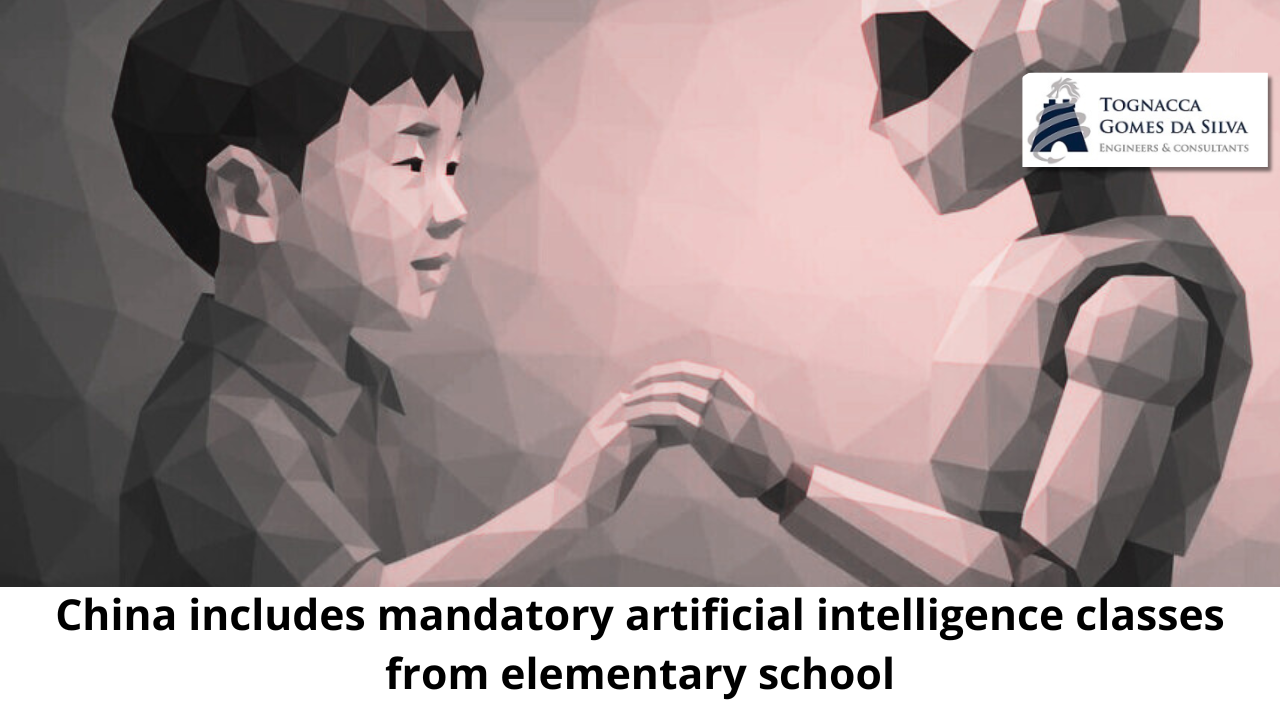Starting in September of this year, students in public and private schools in Beijing, the capital of China, will have to take mandatory classes on artificial intelligence in elementary school.
The measure, announced by the Beijing Municipal Education Commission, is part of a broad national strategy that aims to consolidate the country’s position as a leader in the development and use of emerging technologies.
With children as young as six years old learning basic AI concepts, the proposal could represent a major structural change in the Chinese educational model. At least eight hours per school year will be dedicated to the content, which could be taught in stand-alone subjects or integrated into existing subjects, such as science and computer science.
Gradual learning adapted to the age group
The educational program provides for a staggered approach: younger students will have initial contact with fundamental notions of technology, such as how chatbots work and the ethical principles of using AI.
High school students, aged between 15 and 17, will focus on more advanced aspects, aimed at innovation and the practical application of artificial intelligence in different contexts.
To support the new curriculum, the Chinese government has also committed to developing a comprehensive framework for teacher education and specialized training. The proposal includes the creation of specific teaching materials, technical training for teachers, and the implementation of laboratories with cutting-edge technological resources.
In addition, the measure has already been implemented on a trial basis in 184 schools selected by the Chinese Ministry of Education since December last year. These schools serve as a laboratory for adjusting pedagogical practices and methodologies before the program is expanded nationwide.
Technological boost and new players in the AI sector
The announcement comes in the wake of the growth of Chinese startups that have been standing out on the global stage. One example is DeepSeek, a company founded by a former student of Zhejiang University, which recently presented an AI model that is comparable in performance to solutions developed by American giants such as OpenAI — but with fewer resources.
Other big names have also been gaining notoriety, such as Unitree Robotics, founded by Wang Xingxing, another former student of the same university. For the Chinese government, these examples reinforce the importance of investing in the early training of talent to ensure competitiveness in the sector.
Global trend: other countries follow suit
While the Chinese initiative is one of the most ambitious, it is not alone. California, in the United States, recently passed legislation requiring the state board of education to include AI literacy in schools.
Italy, meanwhile, has begun testing AI-based tools in classrooms as part of a pilot project aimed at digitally empowering students.
( fontes: adrenaline )



